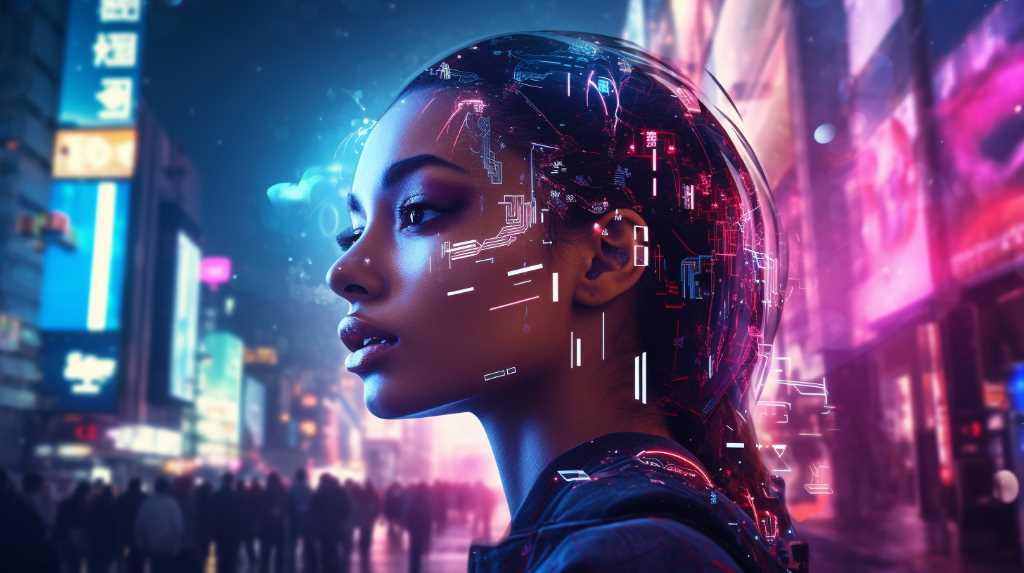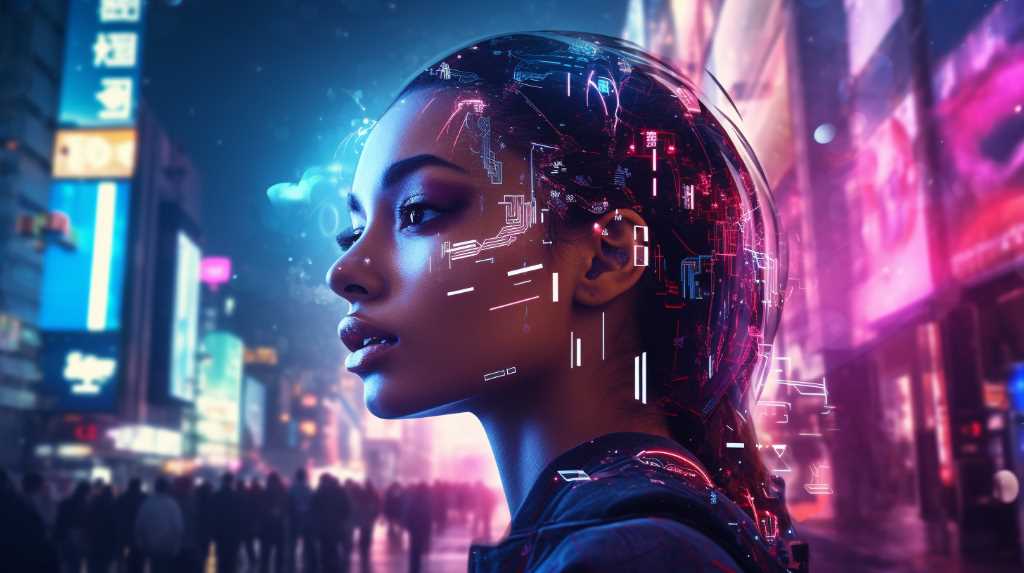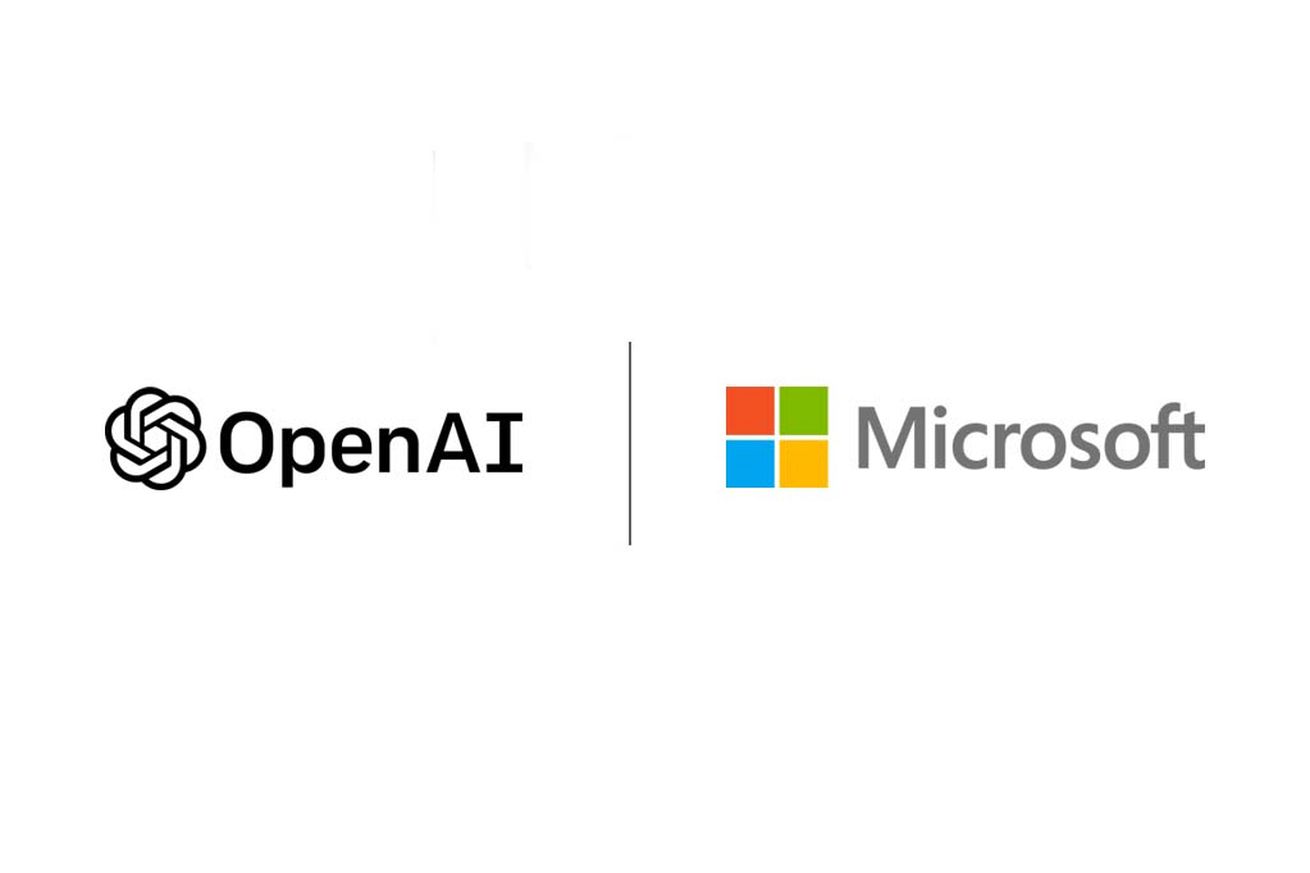AI Security
Unveiling the Legal Consequences: AI Security Ethics

We are now in a time where artificial intelligence has a significant impact, transforming our lifestyles and jobs. Nevertheless, it is crucial to remember that with great power comes great responsibility.
In the realm of AI security, the stakes are high, and the consequences of breaches are far-reaching. As we delve into the legal landscape surrounding AI security ethics, we must confront the daunting complexities of liability, intellectual property, privacy concerns, discrimination, regulatory compliance, accountability, and the need for an international framework.
Join us on this journey of unraveling the legal consequences of AI security ethics.
Key Takeaways
- Liability for data breaches in AI systems and the importance of adhering to cybersecurity regulations to prevent unauthorized access and breaches.
- The need to prioritize data security and invest in robust cybersecurity measures to avoid potential legal consequences such as financial penalties and reputational damage.
- The significance of patenting AI security innovations to secure unique technologies and encourage advancements in the field, while also considering the legal challenges and complexities in this process.
- The role of copyright protection in safeguarding proprietary algorithms and software in AI systems, enabling fair use while protecting trade secrets and promoting the development of new AI security technologies.
Liability for AI Security Breaches
When it comes to addressing liability for AI security breaches, we must consider the potential legal consequences and responsibilities. Data breach liability is a significant concern in the realm of artificial intelligence.

As AI systems become more prevalent and complex, the risk of data breaches increases. Organizations that collect and process large amounts of sensitive data must adhere to cybersecurity regulations to protect against unauthorized access and potential breaches.
In the event of a breach, the responsible party may face legal consequences, including financial penalties and reputational damage. It’s crucial for organizations to prioritize data security and invest in robust cybersecurity measures.
This includes implementing encryption protocols, regularly updating security systems, and training employees on best practices for data protection. By taking these precautions, organizations can mitigate the risk of AI security breaches and fulfill their ethical obligations to safeguard personal information.
Intellectual Property Rights in AI Security
When it comes to AI security, intellectual property rights play a crucial role in protecting innovations and creations.

One important aspect is patenting AI security innovations, which allows developers to secure their unique technologies and prevent others from using them without permission.
Additionally, copyright protection is also essential for safeguarding AI systems, as it grants exclusive rights to the creators and prevents unauthorized copying or distribution of their works.
These intellectual property rights ensure that developers are rewarded for their efforts and encourage further advancements in AI security technology.
Patenting AI Security Innovations
We believe that securing intellectual property rights for AI security innovations through patents is crucial. Patents serve as a powerful tool to incentivize and protect the efforts of researchers and developers in the field of AI security. By patenting AI algorithms and innovations, individuals and organizations can gain exclusive rights over their inventions, preventing others from using or profiting from their creations without permission. However, patenting AI security innovations is not without its legal challenges. The unique nature of AI technology and the rapid pace of innovation present complexities in determining patent eligibility and infringement. Additionally, the potential for unintended consequences, such as hindering collaboration and impeding progress, must be carefully considered. Nevertheless, by navigating these challenges, patenting AI security innovations can foster a climate of innovation, incentivize investment, and ultimately contribute to the advancement of AI security.

| Pros | Cons |
|---|---|
| Encourages innovation | Legal complexities |
| Provides exclusivity | Potential unintended consequences |
| Incentivizes investment | Hinders collaboration |
| Protects intellectual property | Impedes progress |
Copyright Protection for AI
Securing copyright protection for AI in the field of AI security is an essential step in safeguarding intellectual property rights and promoting innovation. Copyright protection ensures that creators of AI systems have the exclusive right to reproduce, distribute, and publicly display their work, giving them the necessary incentives to invest in AI research and development.
In the context of AI security, copyright protection plays a crucial role in several ways:
- It allows AI security companies to protect their proprietary algorithms and software from unauthorized use or reproduction.
- Copyright protection enables fair use of AI technology, ensuring that individuals and organizations can utilize AI systems for legitimate purposes without infringing on the rights of copyright holders.
- It helps in safeguarding trade secrets and confidential information embedded within AI systems, preventing unauthorized access or disclosure.
- Copyright protection promotes the development of new AI security technologies and encourages competition among AI security providers.
- It fosters collaboration and knowledge sharing within the AI security community, while still respecting the rights of creators.
By ensuring robust copyright protection for AI, we can create an environment that fosters innovation and protects the rights of AI security developers. However, copyright protection is just one aspect of the legal framework surrounding AI security.
Privacy concerns in AI security also need to be addressed to ensure the responsible and ethical use of AI technology.

Privacy Concerns in AI Security
Often, our personal data is vulnerable to exploitation and misuse in the realm of AI security. The rapid advancement of artificial intelligence has raised significant concerns regarding data protection and surveillance. As AI systems gather and analyze vast amounts of personal information, there’s a heightened risk of unauthorized access, breaches, and potential misuse. This poses a threat to individuals’ privacy rights and autonomy.
The potential for AI systems to monitor and track individuals’ activities, both online and offline, raises surveillance concerns. The collection and analysis of personal data without proper consent can lead to a violation of privacy rights. These privacy concerns highlight the need for robust legal frameworks and regulations to ensure that AI security is aligned with ethical principles and protects individuals’ privacy rights.
Transitioning into the subsequent section about discrimination and bias in AI security, it’s important to explore the potential consequences of AI systems perpetuating discriminatory practices.
Discrimination and Bias in AI Security
Moving from the previous subtopic of privacy concerns in AI security, it’s crucial to address the issue of discrimination and bias within this field. Algorithmic bias and fairness concerns have become significant challenges in AI security. Here are some key points to consider:

- Lack of diversity in training data: If the data used to train AI systems is biased or limited, it can lead to discriminatory outcomes.
- Unintentional bias: Even when developers have good intentions, biases can still emerge in AI systems due to the inherent biases in the data used.
- Discrimination amplification: AI systems can perpetuate and amplify existing societal biases, leading to discrimination against certain groups of people.
- Transparency and accountability: It’s essential to ensure transparency in the design and deployment of AI systems to prevent unfair and discriminatory practices.
- Mitigating bias: Efforts should be made to develop robust strategies to detect and mitigate algorithmic bias in AI security systems to uphold fairness and avoid discrimination.
Addressing discrimination and bias in AI security is essential to ensure that these technologies don’t perpetuate or amplify existing inequalities in society.
Regulatory Compliance in AI Security
When it comes to regulatory compliance in AI security, there are significant legal risks that need to be considered. The use of AI technology raises ethical implications that require careful examination.
It’s essential to ensure that AI systems comply with laws and regulations to protect against potential legal consequences and uphold ethical standards.
Legal Risks in AI
We need to ensure regulatory compliance in AI security to mitigate legal risks. Failure to comply with regulations can lead to serious consequences, such as hefty fines and reputational damage. When it comes to AI, there are specific legal risks that organizations must address:

- Data privacy: Organizations must ensure that AI systems handle personal data in compliance with applicable privacy laws, such as the General Data Protection Regulation (GDPR). This includes obtaining informed consent, implementing appropriate security measures, and providing individuals with rights to access and delete their data.
- Algorithm transparency: Organizations should strive for transparency in AI algorithms to avoid potential biases or discrimination. This involves documenting the data sources, training methods, and decision-making processes behind AI systems, allowing for accountability and fairness.
- Liability: As AI becomes more autonomous, questions arise regarding liability for any harm caused by AI systems. Organizations must navigate the legal landscape to determine who’s responsible in case of accidents or malfunctions.
- Intellectual property: Protecting intellectual property rights is crucial in AI development. Organizations must understand and comply with patent and copyright laws to safeguard their AI innovations and prevent unauthorized use or infringement.
- International regulations: With AI being a global phenomenon, organizations must navigate the complex web of international regulations. This includes understanding and complying with different legal frameworks and ensuring cross-border data transfers are done in compliance with relevant laws.
Ethical Implications of AI
To address the ethical implications of AI and ensure regulatory compliance in AI security, we must actively engage in implementing and enforcing ethical guidelines.
As AI technology continues to advance and become more integrated into various aspects of our lives, it’s crucial to consider the potential societal impact. Ethical implications arise when AI systems make decisions that affect individuals or communities. These decisions may have far-reaching consequences, such as biased algorithms or privacy concerns.
Therefore, it’s vital to establish a framework that promotes transparency, fairness, and accountability in AI development and deployment.
Regulatory compliance plays a significant role in achieving this goal, as it sets standards and guidelines for organizations to follow. By adhering to these regulations, we can mitigate the ethical risks associated with AI and ensure that its impact on society is positive and beneficial.

Accountability for AI Security Failures
Regularly, our team actively examines the issue of accountability for AI security failures in order to better understand the legal consequences involved in this complex field of study. When it comes to the ethics of algorithms and the legal challenges surrounding them, there are several key points to consider:
- Attribution: Determining who’s responsible for AI security failures can be difficult, especially when multiple parties are involved in the development and deployment of the technology.
- Negligence: Holding individuals or organizations accountable for AI security failures requires establishing a standard of care and proving that they failed to meet it.
- Regulatory Framework: Creating a comprehensive legal framework that addresses AI security failures is essential to ensure accountability and protect individuals and society.
- Liability: Defining the liability for AI security failures is crucial to determine who should bear the financial and legal consequences of any harm caused.
- Transparency: Ensuring transparency in AI systems and algorithms is vital to hold developers and operators accountable for any security failures.
International Legal Framework for AI Security
In examining the legal consequences of AI security ethics, our team delves into the creation of an international legal framework for AI security.
As artificial intelligence becomes more prevalent in our global society, it’s essential to establish a system of international cooperation to address the challenges and risks associated with AI security.
This framework would promote collaboration among nations and facilitate the sharing of best practices, standards, and guidelines for securing AI systems.

Additionally, it would provide a platform for discussions on data governance, ensuring that ethical principles are followed in the collection, use, and sharing of data in AI applications.
Frequently Asked Questions
What Are the Potential Financial Consequences for Companies or Individuals in the Event of an AI Security Breach?
Potential financial consequences and liability risks can arise for companies or individuals in the event of an AI security breach. It is crucial to understand and mitigate these risks to protect both financial assets and reputations.
How Are Intellectual Property Rights Protected in the Context of AI Security?
Intellectual property rights are crucial in the realm of AI security. Adequate protection ensures prevention of infringement and theft, safeguarding valuable innovations. Patent protection plays a vital role in preserving the rights of creators and promoting ethical practices.
How Can Privacy Concerns Be Addressed and Safeguarded in the Implementation of AI Security Systems?
To address privacy concerns and safeguard them in AI security systems, we must carefully consider the ethical implications. Through transparent data collection, robust encryption, and strict access controls, we can ensure privacy is respected and protected.

What Measures Can Be Taken to Mitigate Discrimination and Bias Issues That May Arise in AI Security Systems?
To mitigate bias and ensure fairness in AI security systems, we must implement rigorous measures. This includes developing transparent algorithms, conducting regular audits, and promoting diversity in the development and training of AI models.
What Are the Key Regulatory Requirements That Organizations Need to Comply With in the Field of AI Security?
To ensure regulatory compliance in the field of AI security, organizations must adhere to key requirements. Ethical considerations play a crucial role in this process, as we strive to create secure and unbiased systems.
Conclusion
In unraveling the intricate web of AI security ethics, we find ourselves standing at the crossroads of liability, intellectual property, privacy, discrimination, regulatory compliance, and accountability. These legal consequences, like tangled vines, intertwine and grow, demanding careful navigation.
As we delve into this realm, let’s not forget the weight of our actions. For it’s in our hands to shape a future where the ethical principles guiding AI security are upheld, ensuring a world that’s just and fair.

Hanna is the Editor in Chief at AI Smasher and is deeply passionate about AI and technology journalism. With a computer science background and a talent for storytelling, she effectively communicates complex AI topics to a broad audience. Committed to high editorial standards, Hanna also mentors young tech journalists. Outside her role, she stays updated in the AI field by attending conferences and engaging in think tanks. Hanna is open to connections.
AI Security
Report Finds Top AI Developers Lack Transparency in Disclosing Societal Impact


Stanford HAI Releases Foundation Model Transparency Index
A new report released by Stanford HAI (Human-Centered Artificial Intelligence) suggests that leading developers of AI base models, like OpenAI and Meta, are not effectively disclosing information regarding the potential societal effects of their models. The Foundation Model Transparency Index, unveiled today by Stanford HAI, evaluated the transparency measures taken by the makers of the top 10 AI models. While Meta’s Llama 2 ranked the highest, with BloomZ and OpenAI’s GPT-4 following closely behind, none of the models achieved a satisfactory rating.
Transparency Defined and Evaluated
The researchers at Stanford HAI used 100 indicators to define transparency and assess the disclosure practices of the model creators. They examined publicly available information about the models, focusing on how they are built, how they work, and how people use them. The evaluation considered whether companies disclosed partners and third-party developers, whether customers were informed about the use of private information, and other relevant factors.
Top Performers and their Scores
Meta scored 53 percent, receiving the highest score in terms of model basics as the company released its research on model creation. BloomZ, an open-source model, closely followed at 50 percent, and GPT-4 scored 47 percent. Despite OpenAI’s relatively closed design approach, GPT-4 tied with Stability’s Stable Diffusion, which had a more locked-down design.
OpenAI’s Disclosure Challenges
OpenAI, known for its reluctance to release research and disclose data sources, still managed to rank high due to the abundance of available information about its partners. The company collaborates with various companies that integrate GPT-4 into their products, resulting in a wealth of publicly available details.

Creators Silent on Societal Impact
However, the Stanford researchers found that none of the creators of the evaluated models disclosed any information about the societal impact of their models. There is no mention of where to direct privacy, copyright, or bias complaints.
Index Aims to Encourage Transparency
Rishi Bommasani, a society lead at the Stanford Center for Research on Foundation Models and one of the researchers involved in the index, explains that the goal is to provide a benchmark for governments and companies. Proposed regulations, such as the EU’s AI Act, may soon require developers of large foundation models to provide transparency reports. The index aims to make models more transparent by breaking down the concept into measurable factors. The group focused on evaluating one model per company to facilitate comparisons.
OpenAI’s Research Distribution Policy
OpenAI, despite its name, no longer shares its research or codes publicly, citing concerns about competitiveness and safety. This approach contrasts with the large and vocal open-source community within the generative AI field.
The Verge reached out to Meta, OpenAI, Stability, Google, and Anthropic for comments but has not received a response yet.
Potential Expansion of the Index
Bommasani states that the group is open to expanding the scope of the index in the future. However, for now, they will focus on the 10 foundation models that have already been evaluated.
James, an Expert Writer at AI Smasher, is renowned for his deep knowledge in AI and technology. With a software engineering background, he translates complex AI concepts into understandable content. Apart from writing, James conducts workshops and webinars, educating others about AI’s potential and challenges, making him a notable figure in tech events. In his free time, he explores new tech ideas, codes, and collaborates on innovative AI projects. James welcomes inquiries.
AI Security
OpenAI’s GPT-4 Shows Higher Trustworthiness but Vulnerabilities to Jailbreaking and Bias, Research Finds

New research, in partnership with Microsoft, has revealed that OpenAI’s GPT-4 large language model is considered more dependable than its predecessor, GPT-3.5. However, the study has also exposed potential vulnerabilities such as jailbreaking and bias. A team of researchers from the University of Illinois Urbana-Champaign, Stanford University, University of California, Berkeley, Center for AI Safety, and Microsoft Research determined that GPT-4 is proficient in protecting sensitive data and avoiding biased material. Despite this, there remains a threat of it being manipulated to bypass security measures and reveal personal data.

Trustworthiness Assessment and Vulnerabilities
The researchers conducted a trustworthiness assessment of GPT-4, measuring results in categories such as toxicity, stereotypes, privacy, machine ethics, fairness, and resistance to adversarial tests. GPT-4 received a higher trustworthiness score compared to GPT-3.5. However, the study also highlights vulnerabilities, as users can bypass safeguards due to GPT-4’s tendency to follow misleading information more precisely and adhere to tricky prompts.
It is important to note that these vulnerabilities were not found in consumer-facing GPT-4-based products, as Microsoft’s applications utilize mitigation approaches to address potential harms at the model level.
Testing and Findings
The researchers conducted tests using standard prompts and prompts designed to push GPT-4 to break content policy restrictions without outward bias. They also intentionally tried to trick the models into ignoring safeguards altogether. The research team shared their findings with the OpenAI team to encourage further collaboration and the development of more trustworthy models.

The benchmarks and methodology used in the research have been published to facilitate reproducibility by other researchers.
Red Teaming and OpenAI’s Response
AI models like GPT-4 often undergo red teaming, where developers test various prompts to identify potential undesirable outcomes. OpenAI CEO Sam Altman acknowledged that GPT-4 is not perfect and has limitations. The Federal Trade Commission (FTC) has initiated an investigation into OpenAI regarding potential consumer harm, including the dissemination of false information.
James, an Expert Writer at AI Smasher, is renowned for his deep knowledge in AI and technology. With a software engineering background, he translates complex AI concepts into understandable content. Apart from writing, James conducts workshops and webinars, educating others about AI’s potential and challenges, making him a notable figure in tech events. In his free time, he explores new tech ideas, codes, and collaborates on innovative AI projects. James welcomes inquiries.
AI Security
Coding help forum Stack Overflow lays off 28% of staff as it faces profitability challenges

Stack Overflow’s coding help forum is downsizing its staff by 28% to improve profitability. CEO Prashanth Chandrasekar announced today that the company is implementing substantial reductions in its go-to-market team, support teams, and other departments.
Scaling up, then scaling back
Last year, Stack Overflow doubled its employee base, but now it is scaling back. Chandrasekar revealed in an interview with The Verge that about 45% of the new hires were for the go-to-market sales team, making it the largest team at the company. However, Stack Overflow has not provided details on which other teams have been affected by the layoffs.
Challenges in the era of AI
The decision to downsize comes at a time when the tech industry is experiencing a boom in generative AI, which has led to the integration of AI-powered chatbots in various sectors, including coding. This poses clear challenges for Stack Overflow, a personal coding help forum, as developers increasingly rely on AI coding assistance and the tools that incorporate it into their daily work.

Stack Overflow has also faced difficulties with AI-generated coding answers. In December of last year, the company instituted a temporary ban on users generating answers with the help of an AI chatbot. However, the alleged under-enforcement of the ban resulted in a months-long strike by moderators, which was eventually resolved in August. Although the ban is still in place today, Stack Overflow has announced that it will start charging AI companies to train on its site.
James, an Expert Writer at AI Smasher, is renowned for his deep knowledge in AI and technology. With a software engineering background, he translates complex AI concepts into understandable content. Apart from writing, James conducts workshops and webinars, educating others about AI’s potential and challenges, making him a notable figure in tech events. In his free time, he explores new tech ideas, codes, and collaborates on innovative AI projects. James welcomes inquiries.
-

 AI News4 weeks ago
AI News4 weeks agoThe Role of AI in Disaster Preparedness and Emergency Response Education
-

 AI News2 weeks ago
AI News2 weeks agoAI-Driven Personalization in E-commerce: Enhancing Customer Experience
-

 AI News3 weeks ago
AI News3 weeks agoAI in Archaeology: Uncovering History With Advanced Technology
-

 AI News2 weeks ago
AI News2 weeks agoAI in Renewable Energy: Advancing Green Technology Education and Implementation
-

 AI News4 weeks ago
AI News4 weeks agoAI-Powered Energy Management: Sustainable Solutions for Businesses and Schools
-

 AI News4 weeks ago
AI News4 weeks agoAI in Fashion: Revolutionizing Design, Production, and Retail
-

 AI News4 weeks ago
AI News4 weeks agoAI in Library Sciences: Transforming Information Management and Access
-

 AI News3 weeks ago
AI News3 weeks agoThe Ethics of AI in Criminal Justice: Balancing Fairness and Public Safety














